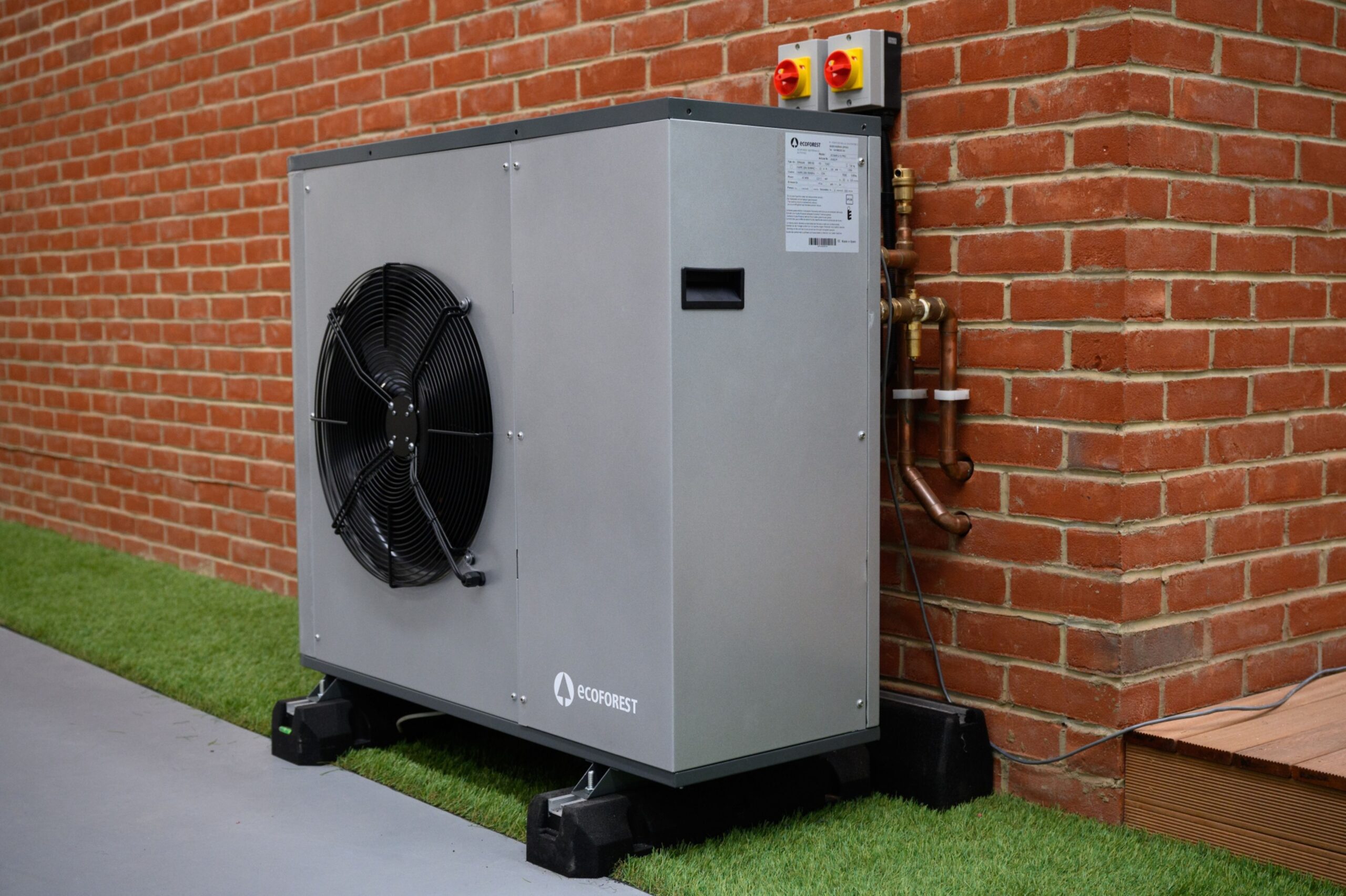(Bloomberg) —
As temperatures and energy bills spike this summer, it might be time to consider installing a heat pump. Despite its name, a heat pump cools your home as well as warming it in winter, but the device is far more efficient than a conventional air conditioner and fossil fuel furnace.
The most commonly installed are air-source heat pumps, which resemble air conditioner units that sit outside your house. During hot months, liquid refrigerant in a copper coil extracts heat from the interior of a home as warm air naturally moves toward the cold. The hot air is then vented outside the house. A heat pump in cooling mode also lowers the humidity in a house, creating a more comfortable environment.
That’s increasingly useful in temperate areas of the United States, where people typically don’t have air conditioners but are being hit with climate-change-fueled heat waves, such as the record-breaking temperatures that seared the Pacific Northwest in June 2021. California and other western states are also experiencing more frequent and widespread wildfires that can blanket distant cities in toxic smoke.
“We do see in places like California that because of wildfires, folks want to have AC because they want to shut their windows,” says Lacey Tan, manager of the carbon-free buildings program at the nonprofit Rocky Mountain Institute.
- Do you own an electric car? If you live in the US, Bloomberg Green wants to learn more about your experience with EVs. Take our brief survey at this link.
A report on the 2021 Pacific Northwest heatwave by RMI found that a Seattle home equipped with a heat pump would save $228 annually compared to conventional cooling and heating systems and reduce the building’s carbon dioxide emissions by about 25%.
“While more and more people in the United States and around the world look to add cooling to their homes, it’s important to ensure that cooling equipment has minimal climate impact,” the report stated.
Equipment and installation costs typically run from $4,000 to $12,000 for an air-source heat pump, depending on the size of the pump, the brand, and whether you use a ductless system. The price of a conventional air conditioning system ranges from $3,800 to $7,500 while a gas furnace costs $2,000 to $6,000. In other words, installing a heat pump to cool and heat your home costs roughly the same as buying a separate air conditioner and furnace.
But what if you need cooling but your existing furnace still has life left in it? Tan recommends installing a heat pump rather than purchasing a more inefficient conventional air conditioner that won’t be replaced for another 15 to 20 years. “If you’re going to install cooling, it should be at a heat pump, period,” she says. “Then allow people to keep their furnaces until they burn out.”
The US Department of Energy estimates that a heat pump can lower a homeowner’s energy costs by hundreds of dollars a year. Meanwhile, a study published in October 2020 in the journal Nature Energy found that houses with heat pumps get a premium of as much as $17,000 on average when they sell. The environment also benefits: A 2018 paper published in the found that air-source heat pumps could reduce household greenhouse gas emissions from heating in California by as much as 54%.
Some states offer incentives for air-source heat pumps, such as rebates up to $4,800 in California, $1,200 in Maine and 0% financing and other rebates in Massachusetts.
A barrier to wider adoption of heat pumps is a lack of contractors with the knowledge or willingness to install the devices. “Unfortunately, we’re not seeing a push from the contractor side for heat pumps,” Tan says.
Shop around, and check to see if your utility or state rebate program lists recommended installers. Northeast Energy Efficiency Partnerships publishes a guide to choosing a contractor and the questions you should ask. In the San Francisco Bay Area, a program called BayREN offers a list of approved contractors that install heat pumps and are qualified for rebates.
To contact the author of this story:
Todd Woody in San Francisco at twoody4@bloomberg.net
© 2022 Bloomberg L.P.





